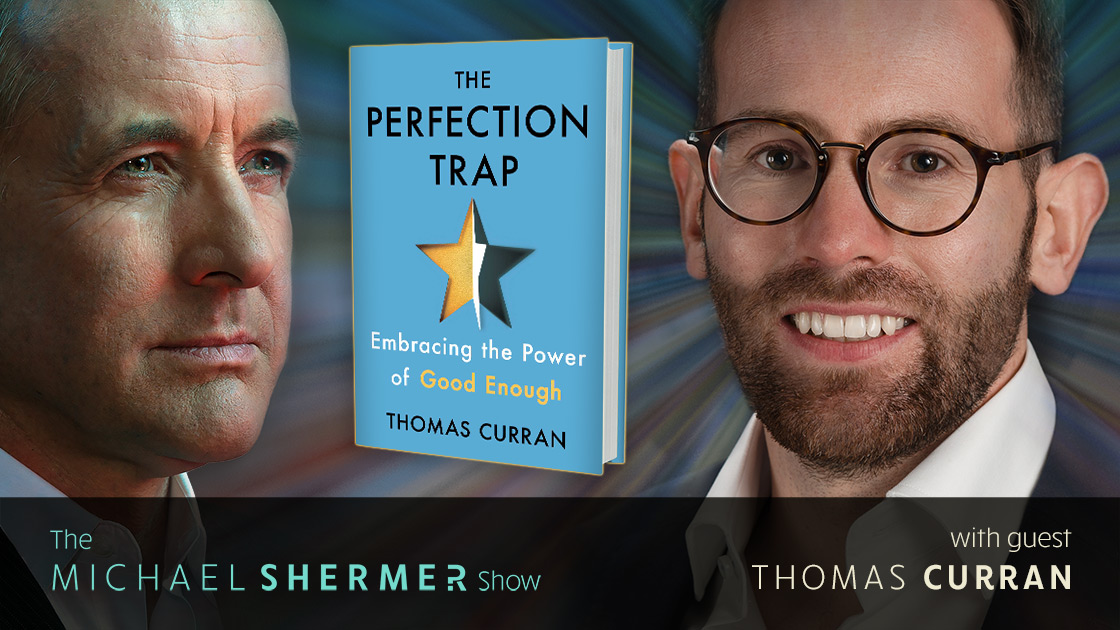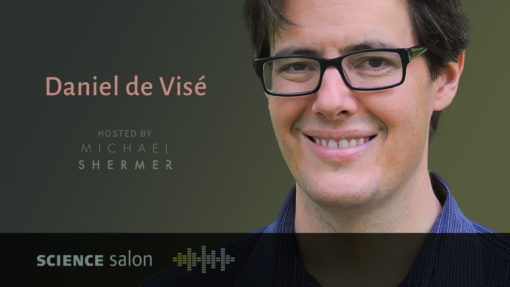Lance Armstrong

Shermer and Curran discuss: Curran’s own perfectionism and how that led him to research perfection • What is perfection? Is he measuring perfection or something else? • The Big Five Personality Scale (OCEAN) and where perfection falls in it • goals, meritocracy, high standards, and conscientiousness • self-oriented vs. other-oriented vs. socially prescribed perfectionism • Steve Jobs, Michael Jordan, Lance Armstrong • origins of perfectionism • consequences of perfectionism • social media • income inequality, UBI, GDP, economics • helicopter…
Part 2 of the documentary film “Lance” airs tonight on ESPN and served as a catalyst for this article that employs game theory to understand why athletes dope even when they don’t want to, as well as thoughts on forgiveness and redemption. The article is a follow up to and extension of Dr. Shermer’s article in the April 2008 issue of Scientific American.

Part 2 of the documentary film “Lance” airs tonight on ESPN and served as a catalyst for this article that employs game theory to understand why athletes dope even when they don’t want to, as well as thoughts on forgiveness and redemption. The article is a follow up to and extension of Dr. Shermer’s article in the April 2008 issue of Scientific American.
Sleep paralysis is a type of hallucination that occurs in the fuzzy borderlands between wakefulness and sleep. Former tripping-hippie-conspiracy-theorist-turned-skeptic Heidi Love shares first-hand accounts of her experiences lucid dreaming under sleep paralysis.

Shermer speaks with Daniel de Visé about one of the greatest athletes in American history, three-time Tour de France winner Greg LeMond. They also discuss: Lance Armstrong and the era of using Performance Enhancing Drugs in sports and the ethics of how something can be immoral if everyone is doing it. Shermer explains his game theory analysis of cheating and how to tilt the incentive matrix to encourage fair play among all agents in a system, and more…











